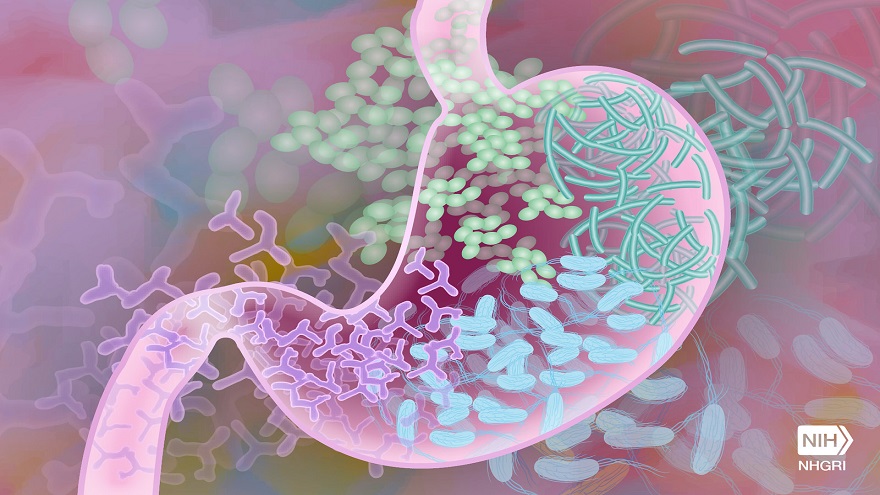Gut bacteria, also known as gut microbiota, play a crucial role in our overall health and well-being. These tiny microorganisms live in our intestines and help with digestion, immunity, and even brain function. However, imbalances in gut bacteria can lead to digestive issues, immune problems, and even mental health disorders. So, how can we quickly improve our gut bacteria for better health? Here are some tips:
1. Eat a variety of fermented foods
Fermented foods, such as yogurt, kefir, sauerkraut, and kimchi, contain beneficial bacteria called probiotics. These probiotics can help restore the balance of good bacteria in the gut and improve digestion. Make sure to choose fermented foods that are made with natural ingredients and have live cultures.
2. Take a high-quality probiotic supplement
If you’re unable to get enough fermented foods in your diet, consider taking a probiotic supplement. Look for a supplement that contains a diverse range of bacteria strains and has a high number of colony-forming units (CFUs). It’s also important to choose a reputable brand and follow the dosage instructions on the label.
3. Eat prebiotic-rich foods
Prebiotics are non-digestible fibers that act as food for the good bacteria in our gut. Some examples of prebiotic-rich foods include garlic, onions, leeks, asparagus, and bananas. Incorporating these foods into your diet can help nourish and support the growth of beneficial bacteria.
4. Avoid antibiotics unless necessary
Antibiotics can kill both good and bad bacteria in the gut, leading to imbalances. While they may be necessary in certain cases, try to avoid taking them unless absolutely necessary. If you do need to take antibiotics, consider taking a probiotic supplement to help restore the balance of bacteria in your gut.

5. Reduce stress
Stress can negatively impact the balance of gut bacteria and lead to digestive issues. Practice stress-reducing techniques such as meditation, deep breathing, and exercise to help improve your gut health.
6. Eat a fiber-rich diet
Fiber is essential for maintaining a healthy balance of bacteria in the gut. It helps feed the beneficial bacteria and promotes regular bowel movements. Try to incorporate a variety of high-fiber foods into your diet, such as vegetables, fruits, whole grains, nuts, and seeds.
7. Avoid processed foods and sugary drinks
Processed foods and sugary drinks can harm the balance of bacteria in the gut and lead to digestive issues. Instead, opt for whole, unprocessed foods that are rich in nutrients and fiber.
8. Get enough sleep
Lack of sleep can disrupt the balance of bacteria in the gut and lead to digestive problems. Aim for at least 7-9 hours of sleep per night to support a healthy gut.
9. Stay hydrated
Drinking enough water is crucial for maintaining a healthy balance of gut bacteria. Aim for at least 8 cups of water per day to keep your body and gut hydrated.
Recommended Reading:
- The Complex Relationship Between Gut Bacteria and Weight Loss
- Gut Bacteria and Anxiety: How Are They Related?
10. Exercise regularly
Exercise has been shown to improve the balance of bacteria in the gut and support overall health. Aim for at least 150 minutes of moderate-intensity exercise per week.
Conclusion:
By incorporating these tips into your daily routine, you can quickly improve the balance of bacteria in your gut for better overall health. For more information on how to improve your gut health, download our free gut health guide and try a free 3-day supply of our probiotic green juice called Life Greens. Our specially formulated juice is packed with prebiotics and probiotics to support a healthy gut microbiome.


